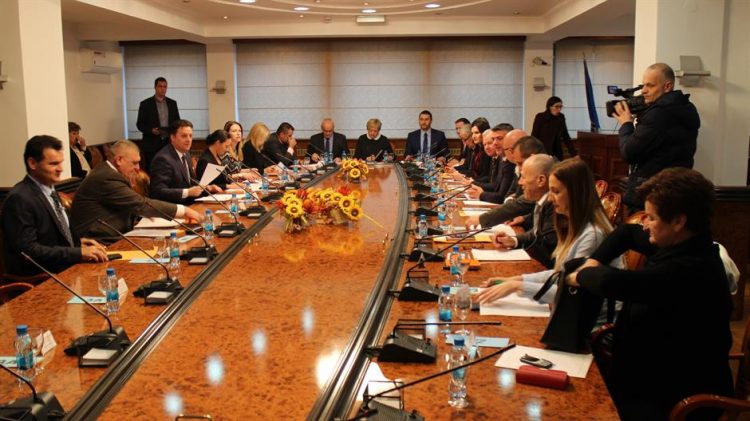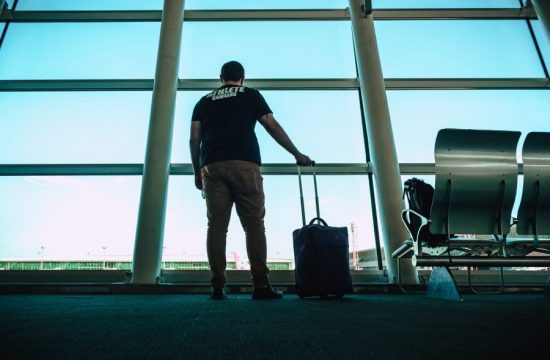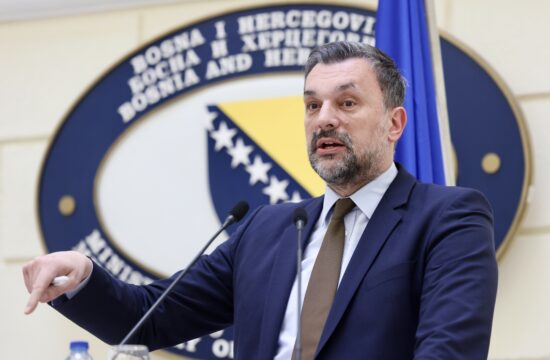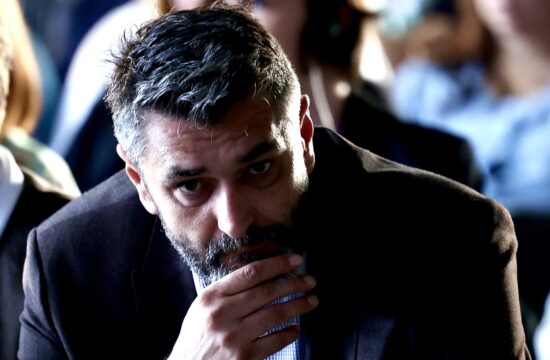
The Law on Victims of Torture will end up at the Constitutional Court of Republika Srpska, Bosnia’s Serb-dominated part, after lawmakers rejected amendments to it submitted by Bosniak lawmakers who claimed the initial law was discriminatory.
The lower house of the Bosnian Serb parliament adopted the law end of June but then the Bosniaks in the upper house, the Council of Peoples, vetoed it, saying it is discriminating the victims according to their ethnicity and does not allow victims now living in the other half of the country, the Bosniak-Croat Federation, to obtain the status of a victim.
The Bosniaks submitted amendments to the law which they say would fix those errors but those amendments were rejected by the RS upper house on July 24.
The Law defines three groups of sexual violence victims. The monthly benefits the RS Government would be giving the victims are determined based on the severity of the crimes they endured: 127 BAM, 170 BAM or 298 BAM.
Other than the financial benefits, the Law would grant victims the right to health insurance and pension without them paying participations as other patients do. It would also entitle them to free rehabilitation programs in health spas, subventions for their employment or their self-employment and special psychological support.
But the issue Bosniaks have with the Law is that in order to get the status of a victim, one must have lived in the RS for three years prior to applying.
During the 1992-1995, Bosnian Serbs conducted massive ethnic cleansing in order to turn the areas they controlled into Serb-only territories. This means that most of the victims of that campaign do not live there anymore but have settled in the other part of the country. Although the atrocities that made them victims occurred in Republika Srpska, the entity would not recognize them as victims if they now live elsewhere.




